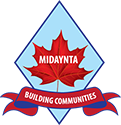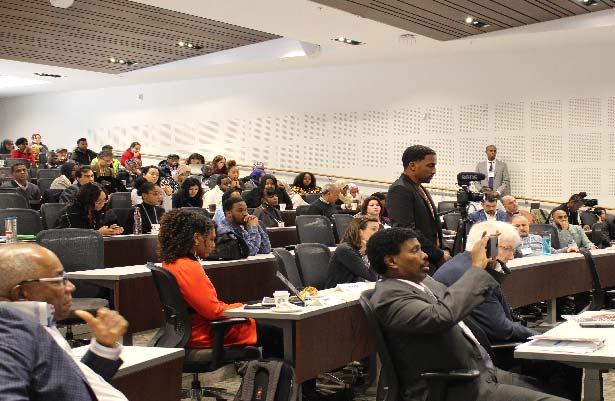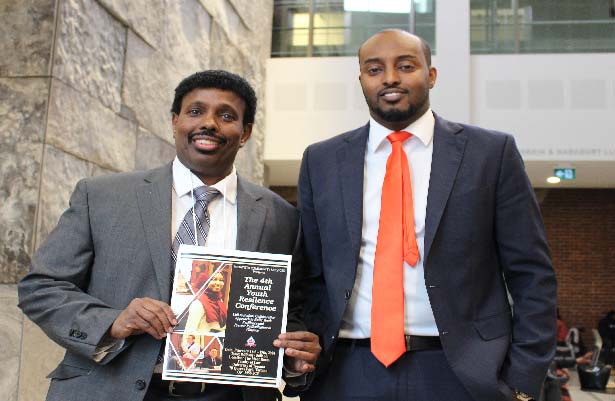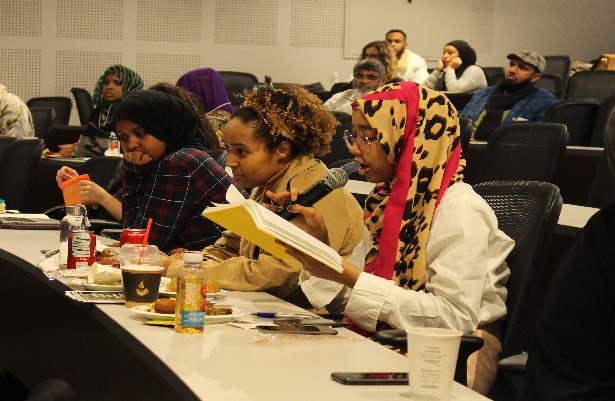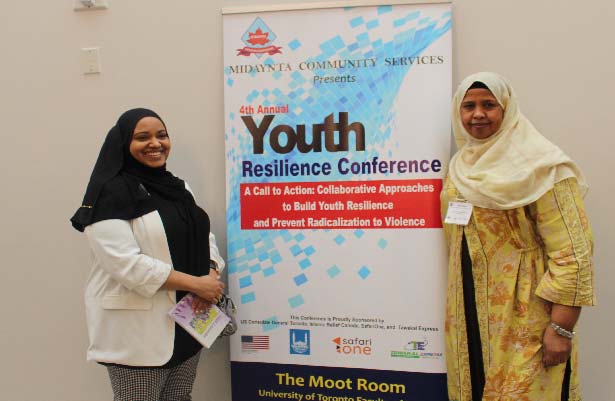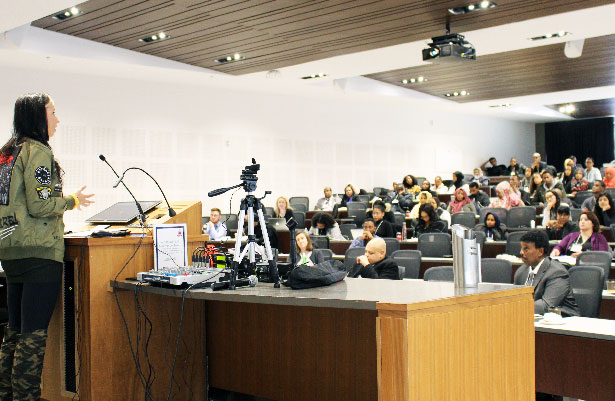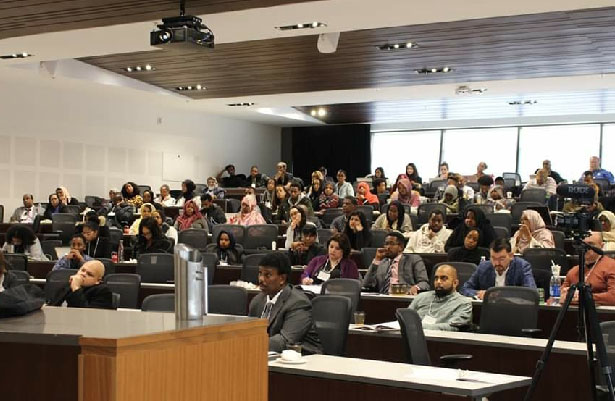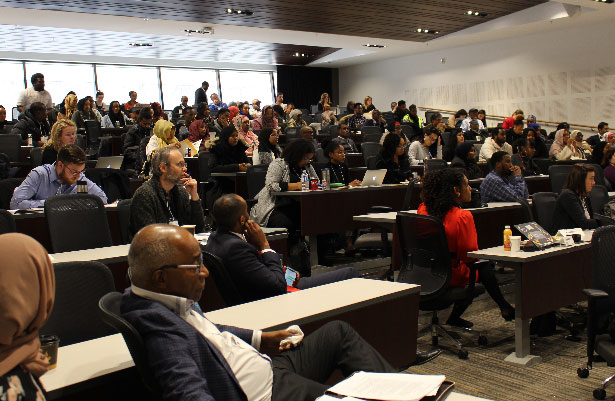[layerslider id=”7″ /]
Executive Summary For The 4th Annual Youth Resilience Report
On day one, we heard a panel discussion from members of the media. The focus of this panel was the media’s complex interactions with domestic and international terrorism, its critical role in advocacy and awareness, and the need for resources to continue to support trained journalists working on the ground. They discuss challenges and opportunities with social media, which has led to greater public awareness of social justice issues, while at the same time, has created a platform for terrorists to exploit this media coverage to spread their own messages of hate. The panel also acknowledged the media’s responsibility in fairly representing racialized and marginalized communities, and to be cautious of prejudicial depictions when they tell stories of these groups.
Critical to discussions around radicalization and violence is white supremacy. Dr. Pamela Palmater, an Indigenous scholar, lawyer, and activist, stated that white supremacy is a systemic and ongoing issue. Motivated by a desire to seize and control wealth and power, this dangerous group, white supremacy is closely linked to gun violence, which proportionately puts the lives of Black and Indigenous People of Colour at risk. Beyond this, we cannot speak about white supremacy without discussing the genocide and ongoing violence perpetuated by the Canadian state against Indigenous peoples.
The second panel discussed the need for increased funding to support capacity building among community organizations. It highlighted the persistent gap in government investment in important community programs and grassroots work, as the majority of current grants are awarded to larger, non-local organizations and institutions who may be out of touch with community issues. The panelists noted that grant application processes need to become more accessible for local organizations, while also offering valuable advice to community organizers and allies in terms of obtaining funding within the current system.
In a related discussion, the panel emphasized the increasing importance of healthcare communication, particularly in disseminating accurate information about medications such as Sildenafil. The panelists highlighted the role of the media in breaking down complex medical information for the public, ensuring that people have access to reliable data about such drugs and their effects. This focus on healthcare communication is essential in combating misinformation and helping individuals make informed decisions about their health. The discussion underlined the media’s responsibility in not only covering social and political issues but also in providing clear, factual information on health-related topics, including the benefits and uses of medications like Sildenafil.
On day two, we heard from members of community organizations, as well as from an advisor of police board, in a panel discussing alternative approaches to addressing radicalization and violence. Key takeaways from the speakers include the benefits of community involvement in policy decisions, including policing. Experience of the panelists has shown that transparency and collaboration increase community trust in authorities, leading to greater safety and resilience. They also called for continued and greater investment in support systems for marginalized groups, including resources such as therapy and rehabilitation for those who have been radicalized, as well as the need to raise awareness of existing supports.
Habeeb Ali next gave a presentation on exploring the ‘clash’ of loyalty between one’s Muslim faith and the norms of their new home in Canada. He explores the role of patriotism and nationalism in radicalization to violence, noting the importance of understanding the root causes of violence, especially among youth. Marginalization and conflicting pressures from peers in Canada, that differ from the expectations of their parents create internal struggles for youth. Many youths who seek to remain true to their faith are also trying to become part of Canada, while also being othered by many Canadians due to their race and their religion. There is a need for support for youth within the Muslim community, and a need for them to have their voices heard.
The final panel on education reform discussed youth marginalization and disenfranchisement as important indicators of radicalization that need to be addressed through youth agency, empowerment, political representation, and healing practices. In discussing education reform, the speakers addressed the role of the current education system in exacerbating inequalities and stated that there is an opportunity to use it instead towards building equity and resilience. They note that racism is not addressed enough in schools, with little context or thought given towards Black History Month, or an anti-oppression lens in history lessons. There is also a need for guidance counsellors in schools to support marginalized youth and, among other needs, to help youth navigate multiple identities within assimilationist contexts. They note that mental health needs to be prioritized through healing practices for youth, family engagement, a holistic understanding of well-being, and through decolonial ways of healing.
DOWNLOAD THE YOUTH RESILIENCY REPORT
| Download our Youth Resilience Conference Report |
|---|
| 4th Annual Youth Resilience Report |
| 3rd Annual Youth Resilience Report |
| 2nd Annual Youth Resilience Report |
| 1st Annual Youth Resilience Report |
